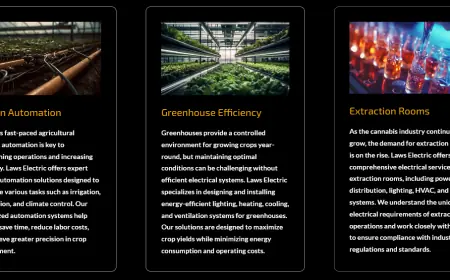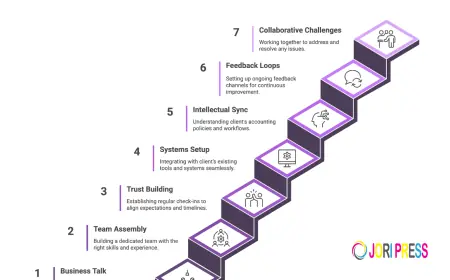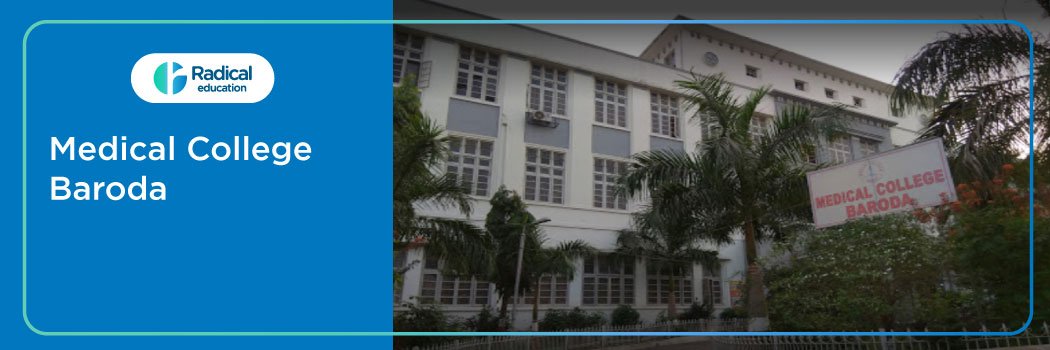Your Guide to Caregiving in Canada and Staying Longer in Vietnam

Navigating the complexities of international immigration and visa regulations can be a daunting task, whether you're seeking a new life in a new country or simply wanting to extend a vacation. For individuals considering a career as a caregiver in Canada or for those who wish to prolong their stay in Vietnam, understanding the specific processes is essential. This article will provide a detailed overview of the Canada caregiver visa program and explain the necessary steps for how to extend a Vietnam visa.
The Canada Caregiver Visa: A Pathway to Permanent Residency
The Canada caregiver visa program, formally known as the Home Care Worker Immigration Pilots, offers a crucial pathway for foreign nationals with caregiving experience to work and eventually become permanent residents in Canada. This program is a vital part of Canada's immigration system, addressing the growing need for skilled caregivers to support children, the elderly, and those with medical needs. The program has specific requirements and an application process that must be followed diligently.1
Key Requirements for the Canada Caregiver Visa:
-
Job Offer: The cornerstone of the application is a genuine, full-time job offer from a Canadian employer outside of Quebec.2 The job must be for a Home Child Care Provider (NOC 44100) or a Home Support Worker (NOC 44101).3 The offer must be for a non-seasonal, permanent position with a minimum of 30 hours of paid work per week.4
-
Language Proficiency: Applicants must demonstrate a minimum language proficiency level.5 This is assessed through a language test, and you must meet the Canadian Language Benchmark (CLB) level 4 for all four language skills: writing, reading, listening, and speaking, in either English or French.6
-
Educational Credentials: You must have completed the equivalent of a Canadian high school diploma or higher.7 If your education was obtained outside of Canada, you will need to get an Educational Credential Assessment (ECA) to prove that it is equal to a Canadian high school diploma.8
-
Work Experience or Training: Depending on the stream, applicants need to demonstrate recent and relevant work experience or have completed a relevant training credential. This is to ensure that caregivers have the necessary skills to provide quality care.
-
Admissibility to Canada: As with any immigration program, you must be deemed admissible to Canada. This means you must have no criminal record and be in good health.
The program is designed to provide caregivers with an open work permit, which allows them to gain the necessary work experience in Canada to qualify for permanent residency.9 Once a caregiver has accumulated a specified amount of full-time work experience (typically 24 months), they can apply for permanent residence.10 This seamless transition from temporary worker to permanent resident is a key feature that makes the Canada caregiver visa program so attractive.
How to Extend a Vietnam Visa: Staying Longer in the Land of the Dragon
For travelers who have fallen in love with Vietnam and wish to prolong their stay, the process of extending a visa is an important one to understand. The rules for visa extensions can vary based on your current visa type, nationality, and the specific circumstances of your stay. Knowing how to extend a Vietnam visa is critical to avoid overstaying, which can lead to significant fines and even deportation.11
Methods for Visa Extension:
-
Working with a Local Visa Agency: The most common and recommended method for extending a visa is to use a reputable visa agency in Vietnam. These agencies have established relationships with the Immigration Department and can navigate the complex paperwork on your behalf.
-
Process: You will provide your passport, a copy of your current visa, and other necessary documents to the agency. They will handle the submission of the application to the Vietnam Immigration Department.
-
Benefits: This method minimizes the administrative hassle for you and increases the likelihood of a successful application.
-
Applying Directly at the Immigration Department: For those who prefer to handle the process themselves, you can apply directly at one of the Vietnam Immigration Department offices located in major cities like Hanoi, Da Nang, and Ho Chi Minh City.
-
Process: You must first obtain a visa extension form (Form NA5), which can be downloaded from the Immigration Department's website or picked up at the office. You will need to submit this form along with your passport and any other required documents.
-
Documents: The required documents often include your original passport with your current visa, a letter or request for temporary residence extension, and sometimes a letter from a sponsoring travel agency or company.
Important Considerations for Extension:
-
Apply Before Your Visa Expires: It is crucial to begin the extension process at least two to four weeks before your current visa's expiry date. Applying after your visa has expired can lead to penalties and a more complicated process.
-
Visa vs. Visa Renewal: The terms "visa extension" and "visa renewal" are often used interchangeably, but there is a subtle difference. An extension allows you to stay longer under the same visa, while a renewal involves getting a new visa stamp or sticker in your passport.
-
Fees and Processing Time: The fees for extending a visa can vary depending on your visa type and the duration of your desired extension. The processing time typically takes 5 to 7 working days.
Whether you're looking to build a new life in Canada as a caregiver or simply want to savor a few more weeks in Vietnam, understanding these specific visa processes is the key to a successful journey. By planning ahead and preparing all the necessary documents, you can ensure a smooth transition and focus on the experiences that await you.
What's Your Reaction?
 Like
0
Like
0
 Dislike
0
Dislike
0
 Love
0
Love
0
 Funny
0
Funny
0
 Angry
0
Angry
0
 Sad
0
Sad
0
 Wow
0
Wow
0

















































